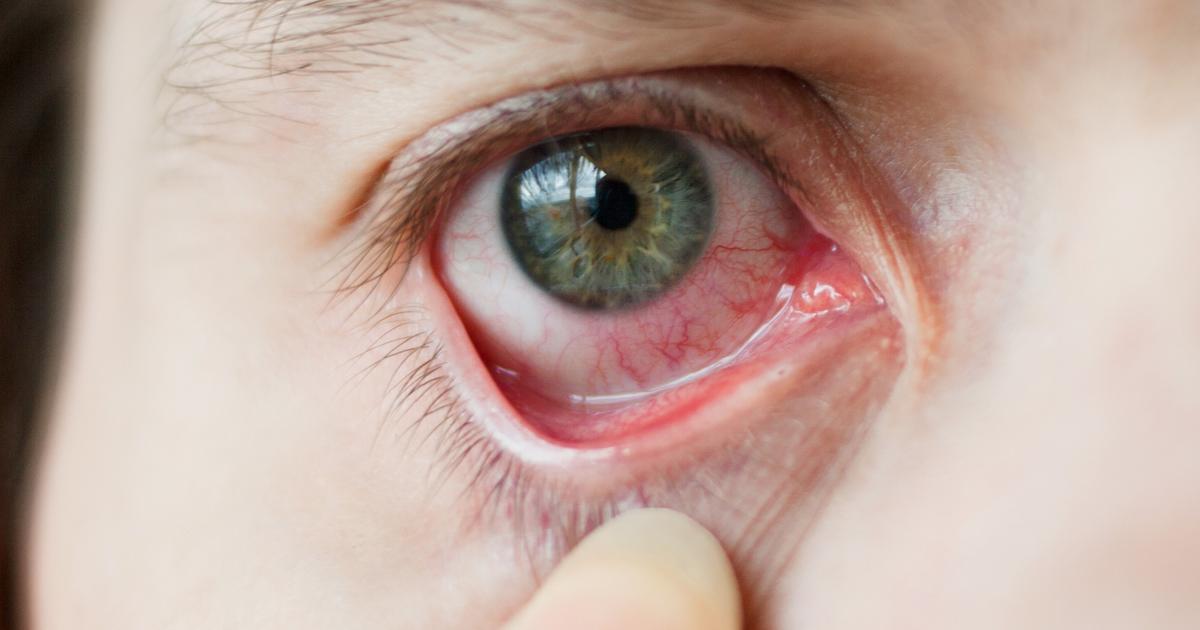Warning Signs Of Bell's Palsy
Dry Mouth And Dry Eye

Dry mouth, also called xerostomia, describes when the salivary glands do not produce an adequate amount of saliva to maintain proper moisture in the oral cavity. Dry eye is when the eyelid glands do not produce enough of a tear film to maintain the proper moisture and protective layer in the eye. Bell's palsy can cause the muscles that work with the parotid, sublingual, and submandibular salivary glands to become functionally impaired. This malfunction makes them unable to secrete an adequate amount of saliva. Likewise, Bell's palsy can cause the malfunction of the muscles and nerves that operate the meibomian and lacrimal glands, which stops tears and oils from reaching the surface of the eye. These mechanisms are what produces dry eye and mouth in Bell's palsy.
Learn more about the warning signs associated with Bell's palsy now.